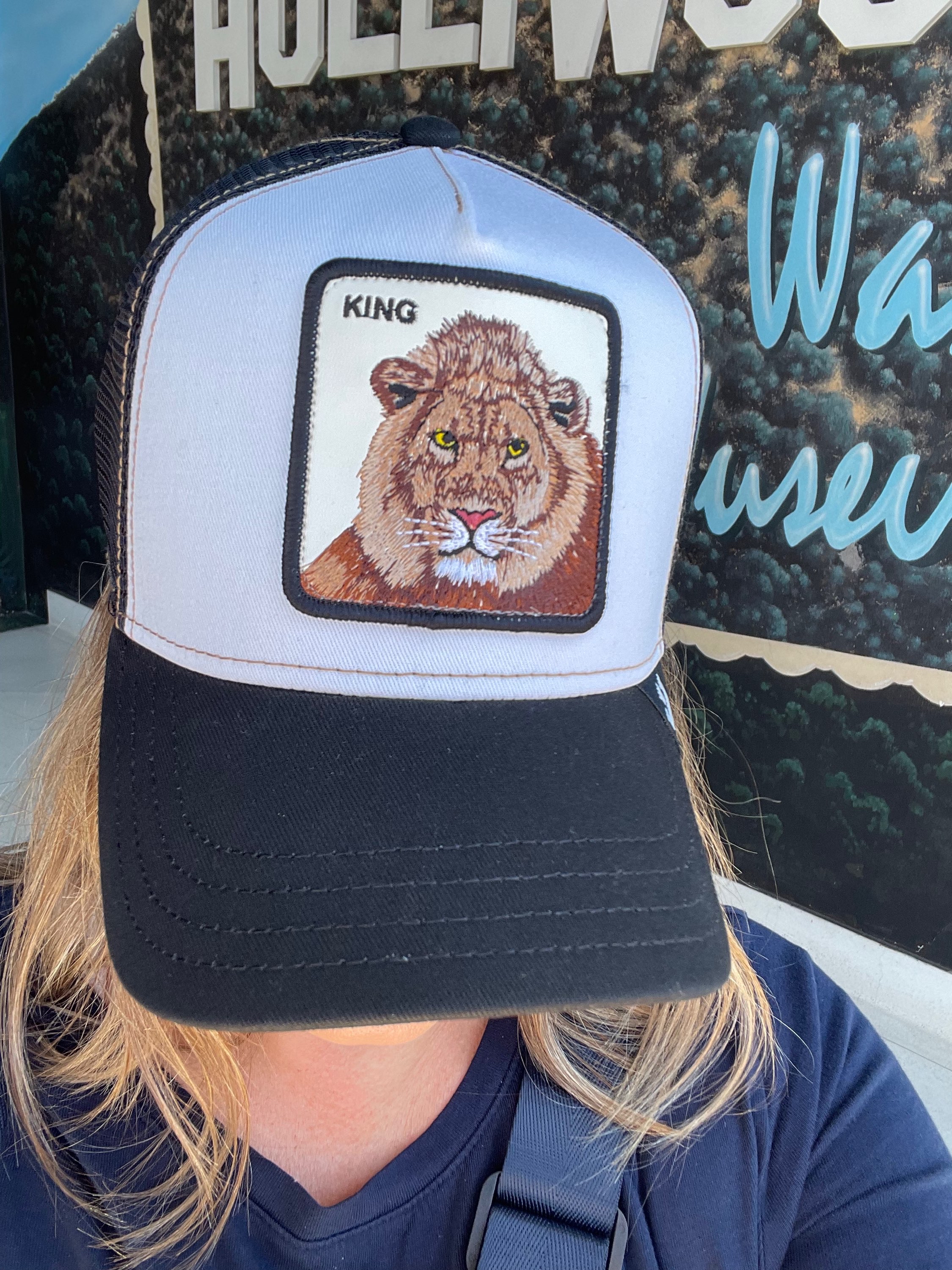
There are many ways to tell a story—from the simple to the profound. Some say that writing is therapy. Storytelling isn't. It isn't your therapy.
Storytelling picks at the scabs of the soul until you bleed enough to remember the pain that caused them.
Storytelling picks at the scabs of the soul until you bleed enough to remember the pain that caused them. If you are honest enough, you will try to capture this memory as proof of the human who became a writer and then a storyteller.
What does it take to write emotionally profound prose while moving the story to its denouement? Maybe that's not the question. What are you willing to give to write the emotionally profound prose?
The number one barrier to creating emotional resonance within the story is a lack of honesty. This is mine. I create veils and mystery with words that serve to create emotional distance. I am very skilled at it. I am adept at creating a verbal "arm's length."
My reason, on the surface, is having a balance of perspective. I don't want emotions to cloud my writing, but if I take that too far, the writing can become stiff and prosaic. If I hold back too much, I will miss out on connecting with the reader in tangible, authentic, and honest ways.
When asking a fellow writer this question: What is your number one barrier to writing emotionally profound prose? Their response captured a different side of why emotional honesty can be challenging to write.

"I fear that if I step into the emotions to feel and write them, I’ll sink under the surface and never be able to swim out." @TiaPianoGirl (on 𝕏) is a Writer, Piano Teacher, and Content Creator.
I know precisely what Tia means. It can be therapeutic to open up and share what you need to, but this isn't therapy. This is imagination and storytelling.
Sometimes, writers will traverse the dark paths of the imagination. When an emotional connection fuels that, it may be difficult for some to find a way out.
Here are a few tips to push through and write the heart into your story:
Journal. Capture moments in your life. Reflect on the painful, beautiful, joyful, and angry moments. This will help you both recall a particular emotion and moment with less effort. It also creates distance for you as a reader by reducing an emotional memory recall.
Be Brave. Writers need bravery to write. It takes courage to speak honestly and openly, to tell stories that matter. It will help your story resonate with readers.
Use the Force. By that, I mean use your senses. Is it an increased heart rate, ringing in the ears, an emptiness in your stomach, an ache in your heart, or wet tears on your face? Connect emotions with tangible reality. Use what you see, hear, smell, taste, and feel to connect with the emotional side of your story.
Tell the Truth. It's your story, but is it true? The better you can create characters with some emotional truths, the more you will connect with your readers. They will believe you and accept what you have to say.
Feel your feels. The more you feel your story, the more others will feel it. Make yourself cry, laugh, etc. This is an excellent test for good emotional writing.
Use it when you are afraid, even when writing your fear. Connect with your readers by pulling from those experiences that are part of the shared human ones. Let it be catharsis for your readers.
So remember, when you want to get in touch with emotional writing-- Journal, Use the force of your Senses, Tell the Truth, and Feel your feels. Writers have no time for Animotophobia (the fear of feelings).
What tips help you tap into the emotional side of writing?


Comentários